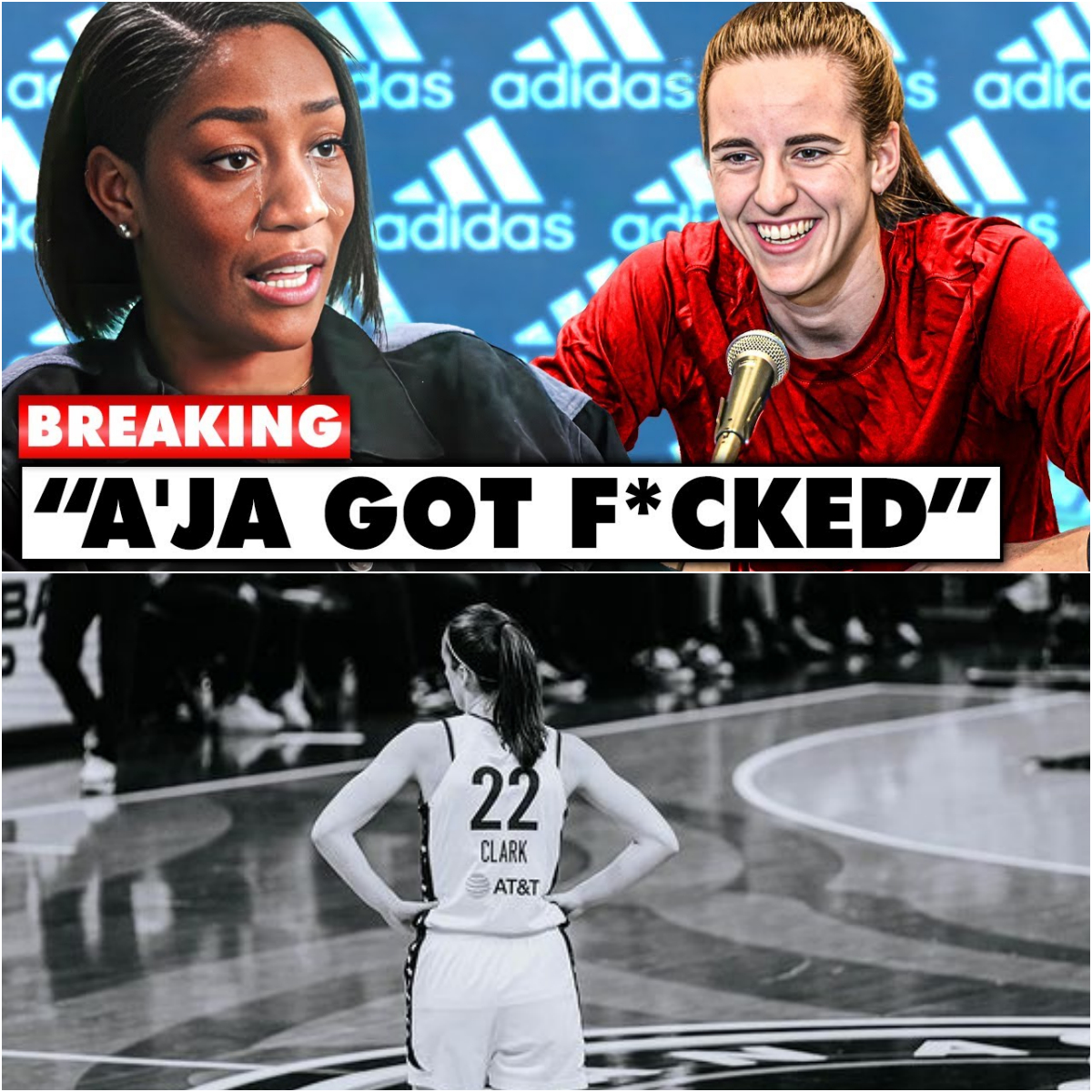The landscape of women’s basketball is witnessing rising tensions as WNBA superstar A’ja Wilson openly critiques Caitlin Clark’s recent endorsement deal with Adidas, sparking a conversation about race, privilege, and marketing in the league.
Caitlin Clark’s Endorsement Deal
Caitlin Clark, the rookie sensation, has made headlines with her remarkable eight-year, $28 million endorsement contract with Adidas. While the deal marks a significant milestone in women’s sports marketing, it has also raised eyebrows given Clark’s previous lack of promotion by Nike since her transition to the professional league.
Wilson’s Response
A’ja Wilson, a two-time WNBA MVP, expressed her frustrations regarding Clark’s rapid rise in endorsements. “She’s great, but we can’t ignore the privilege that comes with this kind of support,” Wilson stated. Her comments highlight the disparities in how players are marketed and supported based on race and background, underscoring a complex issue within the league.
Nike’s Marketing Choices
The dynamic between Nike and the players has become increasingly scrutinized, particularly following their apparent choice to prioritize Wilson over Clark for marketing opportunities. This decision has led many to question whether Nike is navigating the racial complexities of the league, which predominantly features Black athletes.
The Shift in Viewership
Clark’s rising popularity is undeniable, as her performances have attracted new fans and increased viewership for the WNBA. Her impact is prompting discussions about how the league can leverage her appeal to attract a broader audience while addressing issues of equity and representation among its players.

Future Implications for the WNBA
As the WNBA grapples with these emerging tensions, the league stands at a pivotal moment. Clark’s partnership with Adidas may signal a shift in how endorsements are approached, pushing the league to rethink its marketing strategies and support for all players.
In a sport that has long championed social justice, the unfolding drama between Wilson and Clark raises crucial questions about fairness, representation, and the future of women’s basketball. As both players continue to shape the narrative, the WNBA must navigate these complexities carefully to foster an inclusive environment that celebrates all its stars.
